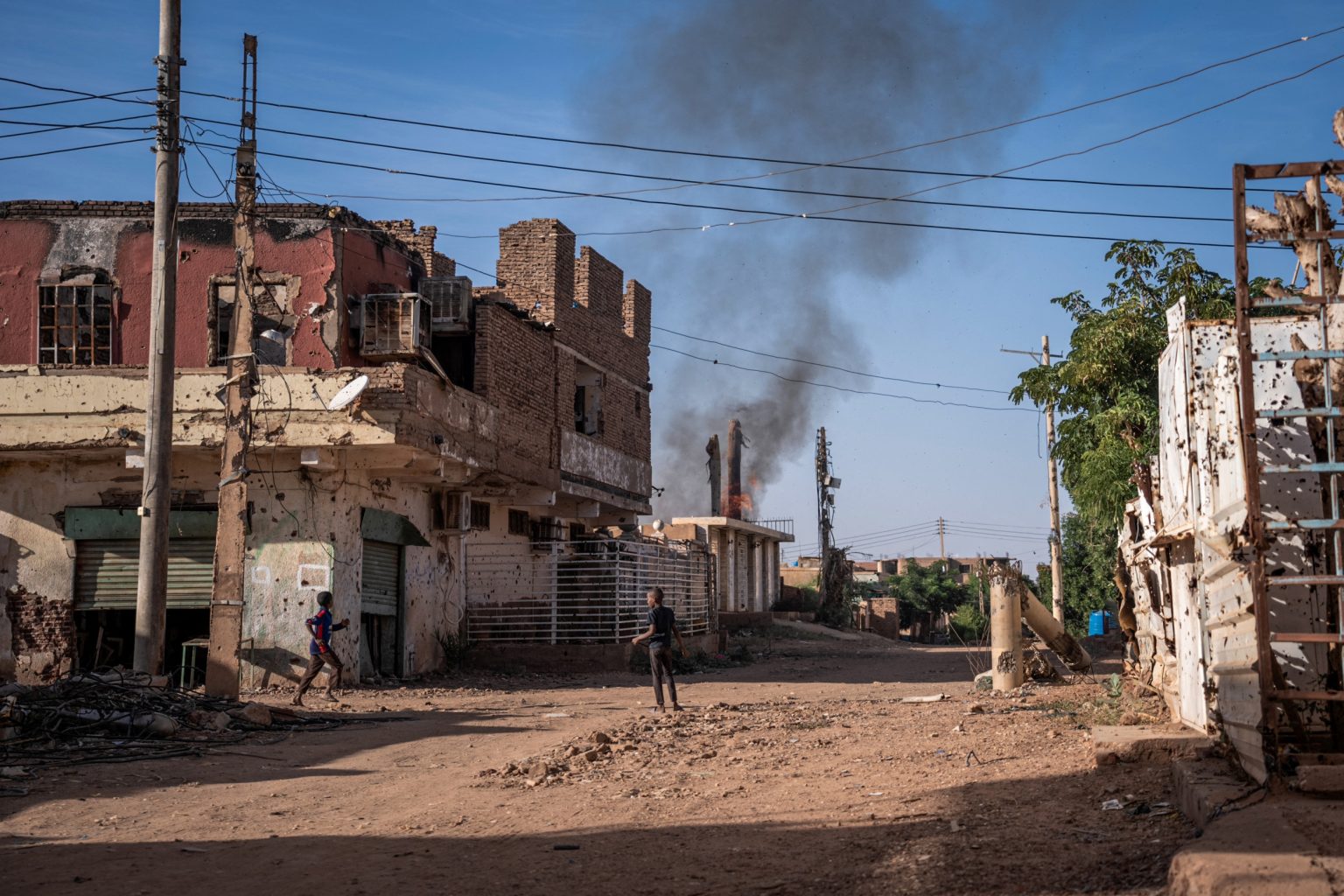The ongoing civil war in Sudan, ignited by tensions between the Rapid Support Forces (RSF) and the Sudanese Armed Forces (SAF) in April 2023, has precipitated a catastrophic humanitarian crisis. The conflict’s roots lie in the power vacuum created after the 2019 overthrow of long-time dictator Omar al-Bashir, followed by a joint SAF-RSF coup against a civilian transitional government in 2021. The RSF, led by General Mohamed Hamdan Dagalo (Hemedti), and the SAF, headed by General Abdel Fattah al-Burhan, have engaged in brutal fighting nationwide, particularly in the capital Khartoum, displacing millions and resulting in widespread atrocities. The international community has condemned the violence, with the United States recently imposing sanctions on the RSF, its leader, and affiliated entities, citing accusations of “crimes against humanity and ethnic cleansing,” amounting to “genocide.” These sanctions, however, have been met with strong condemnation from the RSF, which denies the allegations and criticizes the U.S. for its perceived bias.
The U.S. sanctions against the RSF stem from accusations of systematic atrocities, including the targeted killings of men and boys, as well as widespread sexual violence against women and girls from specific ethnic groups. These accusations echo earlier allegations against the Janjaweed militia, from which the RSF largely originated, during the Darfur conflict. The Janjaweed was previously accused of genocide by the U.S. in that conflict, which ended with a peace agreement in 2020. The RSF refutes the current accusations, arguing that the U.S. has not provided sufficient evidence to substantiate the claims of genocide, specifically lacking details about the targeted group and location, as required by the 1948 Genocide Convention. This dispute coincides with ongoing international scrutiny of Israel’s actions in Gaza, with the International Court of Justice investigating allegations of genocide against the Palestinian Hamas movement. The U.S. has refrained from labeling Israeli actions as genocide, further complicating the discourse on the application of this term in international conflicts.
The Sudanese conflict has drawn in various international actors, further exacerbating the complex geopolitical landscape. The United Arab Emirates has been accused of providing military support to the RSF, allegations that the UAE denies. These accusations prompted concerns from U.S. lawmakers and a commitment from the Biden administration to monitor the situation. Despite the UAE’s denials, all six entities sanctioned by the U.S. for supporting the RSF are based in the UAE. Russia has also been accused of funding both sides of the conflict, while other regional powers, including Egypt, Iran, the Central African Republic, and Chad, have been implicated in supporting either the SAF or the RSF. This intricate web of international involvement underscores the challenges in resolving the conflict and achieving lasting peace in Sudan.
The RSF strongly contests the U.S. sanctions, arguing that they are unjust and based on incomplete information. They accuse the U.S. of prematurely taking sides in the conflict, effectively rewarding the SAF for refusing to negotiate and punishing the RSF for its alleged advocacy for peace and unity. The RSF claims it played a crucial role in the removal of al-Bashir, thwarted a subsequent coup attempt, and supported the democratic transition, while accusing the SAF leadership of clinging to power through force. The Sudanese Foreign Ministry, however, welcomes the U.S. sanctions, concurring with the assessment that the RSF and its affiliated militias committed genocide and perpetrated widespread atrocities against the Sudanese people. This stark contrast in perspectives further highlights the deeply polarized nature of the conflict and the difficulties in achieving a negotiated settlement.
The U.S. maintains that it does not support either side in the conflict, emphasizing that the sanctions against the RSF do not imply support for the SAF. The U.S. asserts that both warring parties bear responsibility for the violence and suffering in Sudan and lack the legitimacy to govern a future peaceful Sudan. The outgoing Biden administration’s stance on the conflict will likely be inherited by the incoming Trump administration, posing significant foreign policy challenges. Trump’s previous engagement with Sudan focused on normalizing ties with Israel, which was achieved in 2020 under the Abraham Accords. However, the subsequent military takeover and escalating violence have drastically altered the political landscape, requiring the incoming administration to re-evaluate its approach to the Sudanese crisis and determine its level of involvement in mediating a resolution.
The Sudanese civil war presents a complex and multifaceted challenge, with deeply rooted political and ethnic tensions fueling the conflict. The international community’s efforts to address the crisis are further complicated by the involvement of various regional and international actors, each pursuing their own strategic interests. The U.S. sanctions against the RSF represent a significant development, but their impact on the conflict’s trajectory remains uncertain. The RSF’s strong rejection of the sanctions, coupled with the ongoing accusations and denials of external support for both sides, underscores the difficulty in achieving a peaceful resolution. The incoming Trump administration will inherit a complex and volatile situation, requiring careful consideration of the various factors at play and a nuanced approach to navigating the intricate geopolitical landscape of the Sudanese conflict.


